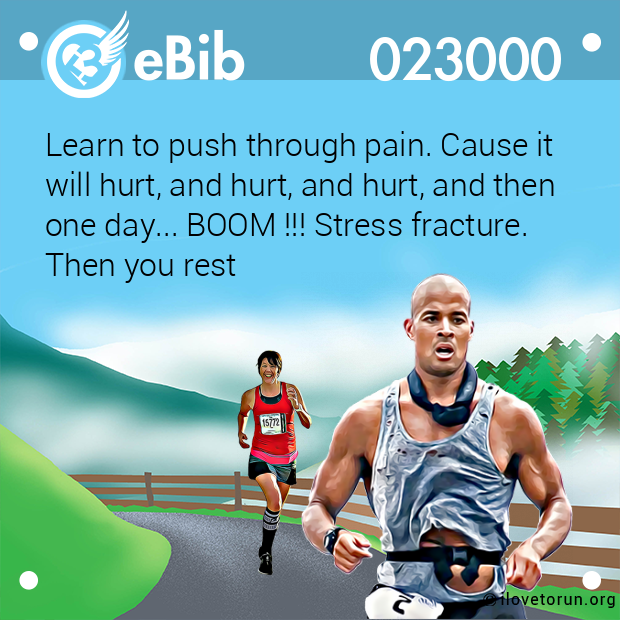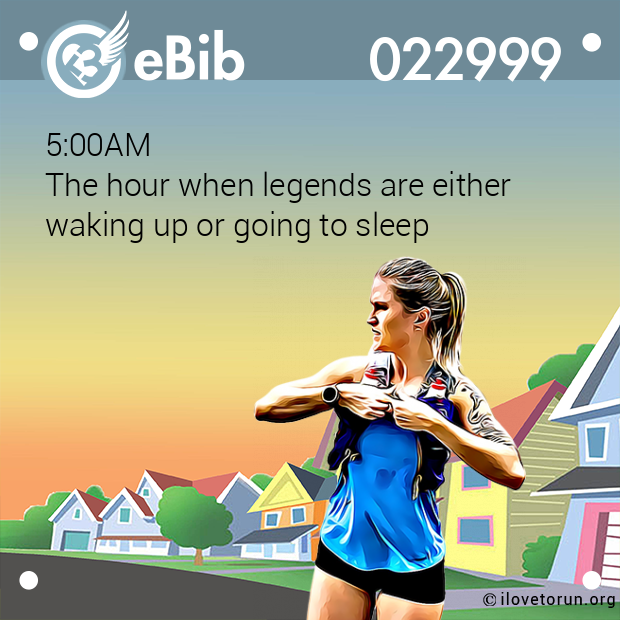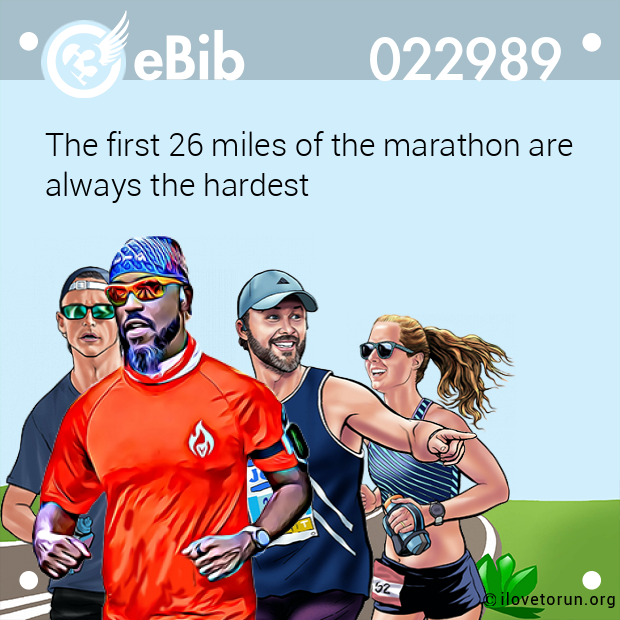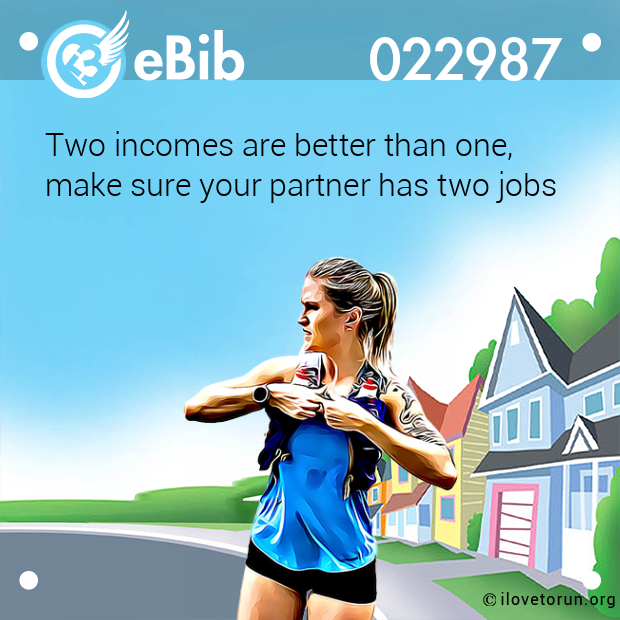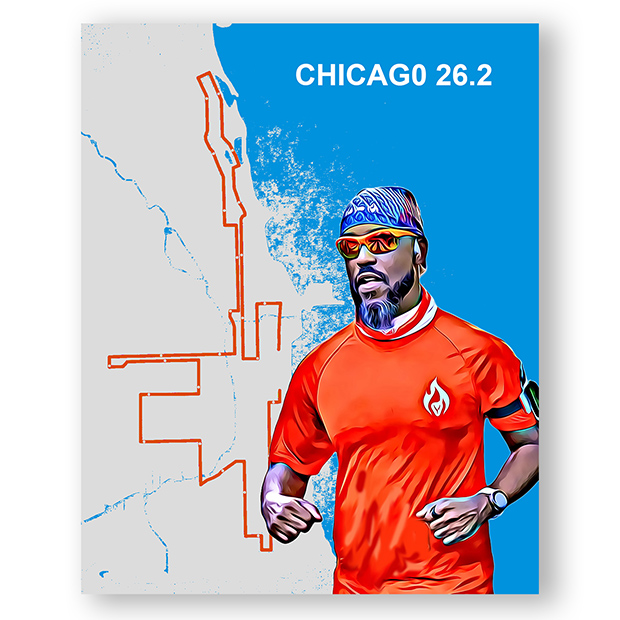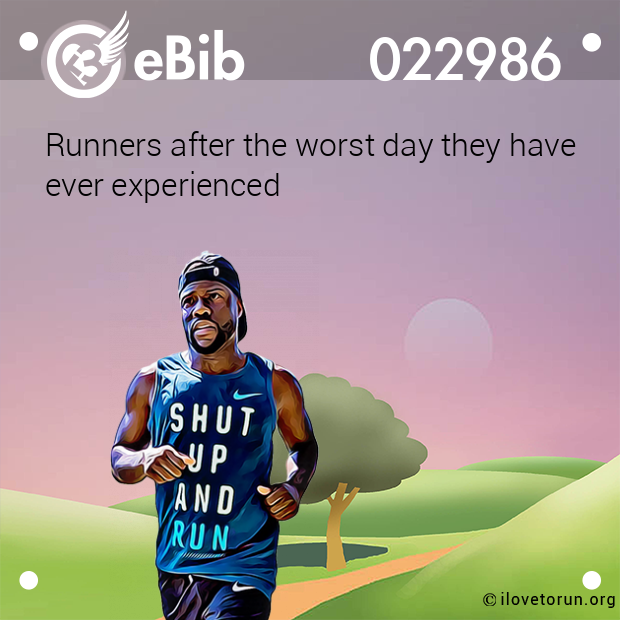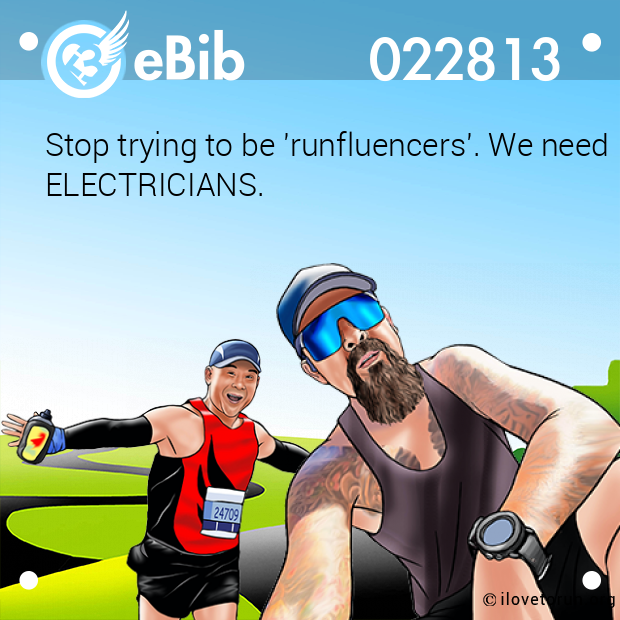
Have you ever asked yourself if you are a “real” runner? Have you ever questioned if you are fast enough, train hard enough, and/or run enough races the be called a runner? Or, on the flip side, maybe your life revolves around running and “runner” is a huge part of your identity as a person.
Neither of these mindsets are healthy or helpful in achieving your goals. Why? because defining yourself by what you do instead of how you do things means that your self-worth can change fairly easily, and it’s not based on intrinsic values. I’ll provide a personal example.
It took me over seven years to qualify for the Boston Marathon, and those years were overshadowed by frustration and disappointment. The reason why I was so distressed over my failure to qualify for Boston was because I defined myself by my accomplishments. If I wasn’t accomplishing things, what was I worth? It didn’t matter how hard I trained. It didn’t matter if I pushed really hard during a race. I saw myself as “a runner” and if I couldn’t run as fast as I thought I should, then I would be devastated. If I got injured, then I really felt like my life lacked purpose, and I wasn’t able to cope.
I learned to change my mindset when I realized that I don’t judge my friends by their accomplishments. I value them for more personal qualities like trustworthiness, dependability, and the ability to empathize. So why couldn’t I value myself for those same things? And shouldn’t my running simply be a manifestation of these qualities?
I am not a runner. I am a person who runs.

As a person, I am passionate, dedicated, hard-working, analytical, focused, and resilient. I value myself for these qualities, which manifest themselves in everything I do: my career, my relationships, and my running. When I race, I give 100% effort and I don’t quit. When I train, I am consistent and I excel in following plans. I’m purposeful about my race plans. I pay attention to nutrition and hydration.
Many people define themselves by their jobs, their role as a parent, or their accomplishments. Why? Because these are tangible attributes and therefore they are easy to cling to. It’s the less tangible attributes, however, that truly define a person. Not “what” but “how.” When you define yourself by your values instead of your achievements, your sense of self-worth remains constant and is not susceptible to being knocked down by external factors or other people’s perceptions.
Self-esteem and self-love are two different concepts that often get confused. I’ve always had high self-esteem because I’ve accomplished a lot in life. I did not have self love, however, because I didn’t value myself based on how I accomplished these things. I now recognize and value the perseverance, passion, emotional strength, and patience it took for me to qualify for Boston. In other areas of my life, like my relationships, I value myself for my genuineness, honesty, creativity, and reliability. I even learned that I have a decent sense of humor.
So the next time you start to think about yourself as a runner, or even wonder if you are deserving of that label, take a step back. Remember that what defines you is not your running, but the aspects of yourself that you put into your running.





